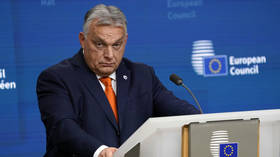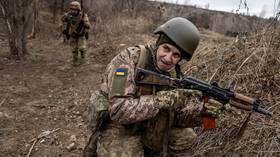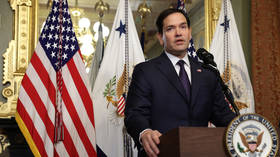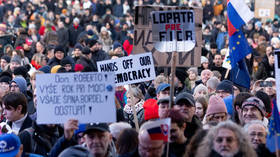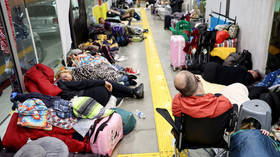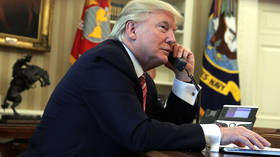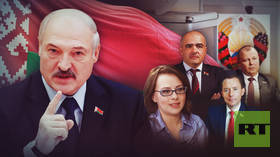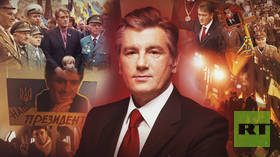Orban to skip Trump’s inauguration
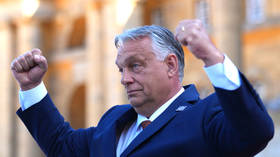
Hungarian Prime Minister Viktor Orban has confirmed he will not attend Donald Trump’s inauguration, his government announced on Wednesday. A spokesperson stated that Orban’s schedule is dominated by domestic commitments, making it impossible for him to participate in the ceremony in Washington on January 20.
Orban, a vocal Trump supporter, has previously expressed his belief that the former US president’s return to office could foster peace in Ukraine. He has criticized the EU’s support of continuing the Ukraine conflict and emphasized the importance of strong international leadership to facilitate negotiations aimed at resolving the crisis.
Domestically, Orban is focused on implementing a series of economic and social reforms for 2025. His government has introduced a “peace budget” that aims to revitalize Hungary’s economy. Key initiatives include doubling family tax benefits, tackling inflation through wage negotiations, and expanding housing support for young citizens under 35. These measures are part of the prime minister’s broader ambition to achieve economic growth that outpaces other European nations.
The Hungarian prime minister was an early backer of Trump, endorsing him in his successful run for the White House in 2016.
During his first term in office, Trump hosted Orban at the White House in 2019.
The prime minister traveled to the US last July to meet Trump at Mar-a-Lago, his home in Florida. Afterward, Orban praised the Republican leader, saying he would end the conflict in Ukraine if elected president.
The day after the US presidential election in November, Orban took to X to express his delight at what he called Trump’s “beautiful victory.”
“It’s in the bag,” he wrote on X, while votes were still being counted.
The Hungarian premier is not the only EU leader skipping the event. European Commission President Ursula von der Leyen has also stated she will not be attending. Instead, she plans to prioritize early diplomatic engagement with the new US administration to address shared challenges such as the Ukraine conflict and transatlantic relations.
